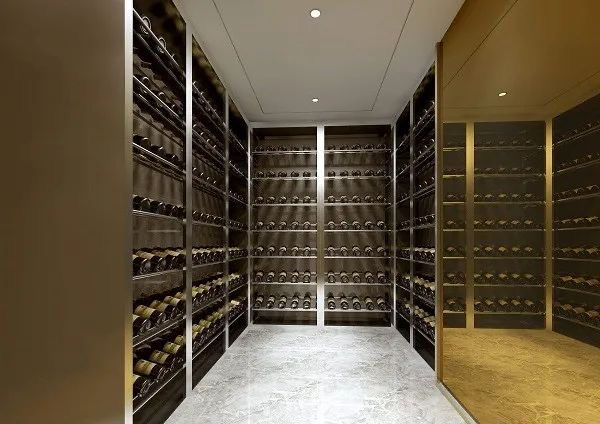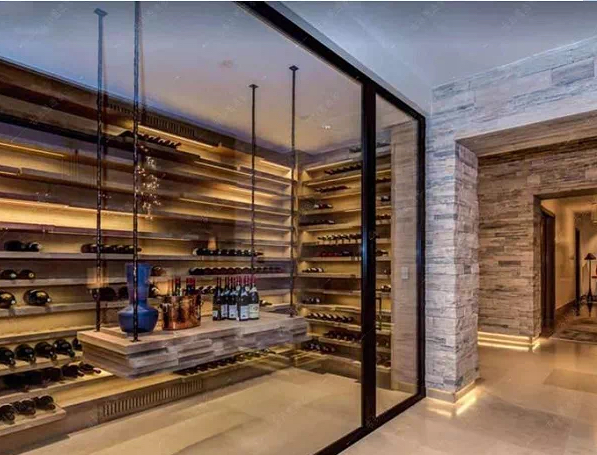The humidity of the wine cellar is usually maintained at 60% -70%. In a humid environment, air circulation is mainly to prevent bacterial growth. Wet corks are prone to harmful odors, and strong odors change the original quality of wine through corks. At this time, the cellar equipment should absorb fresh air and evenly exhaust the air to prevent the growth of bacteria. As we all know, flowing air can effectively remove any odor or other moldy odors, so that ventilation in the underground wine cellar, continuous circulation of fresh air, can give the wine a superior storage environment.

The role of cellar ventilation is to maintain good air in the cellar. Too much alcohol volatilizes, the air is not smooth, it is easy to form flammable gas accumulation, and it is more harmful. And better air also helps the body breathe and keep the cellar dry.

In addition, many wines have a strong breath, and the foreign odor can easily enter the bottle through the cap and even be absorbed by the wine, so ventilation is more important. In particular, do not bring strong-smelling items such as detergents, kimchi, stinky tofu, and cheese into the underground wine cellar. How to achieve wine cellar ventilation? A fresh air system dedicated to the wine cellar can be selected, and a full heat exchange fresh air circulation system is added. The outdoor air temperature is adjusted to be close to the indoor air temperature to enter the room. At the same time, the indoor air is circulated to form a constant temperature and humidity space.